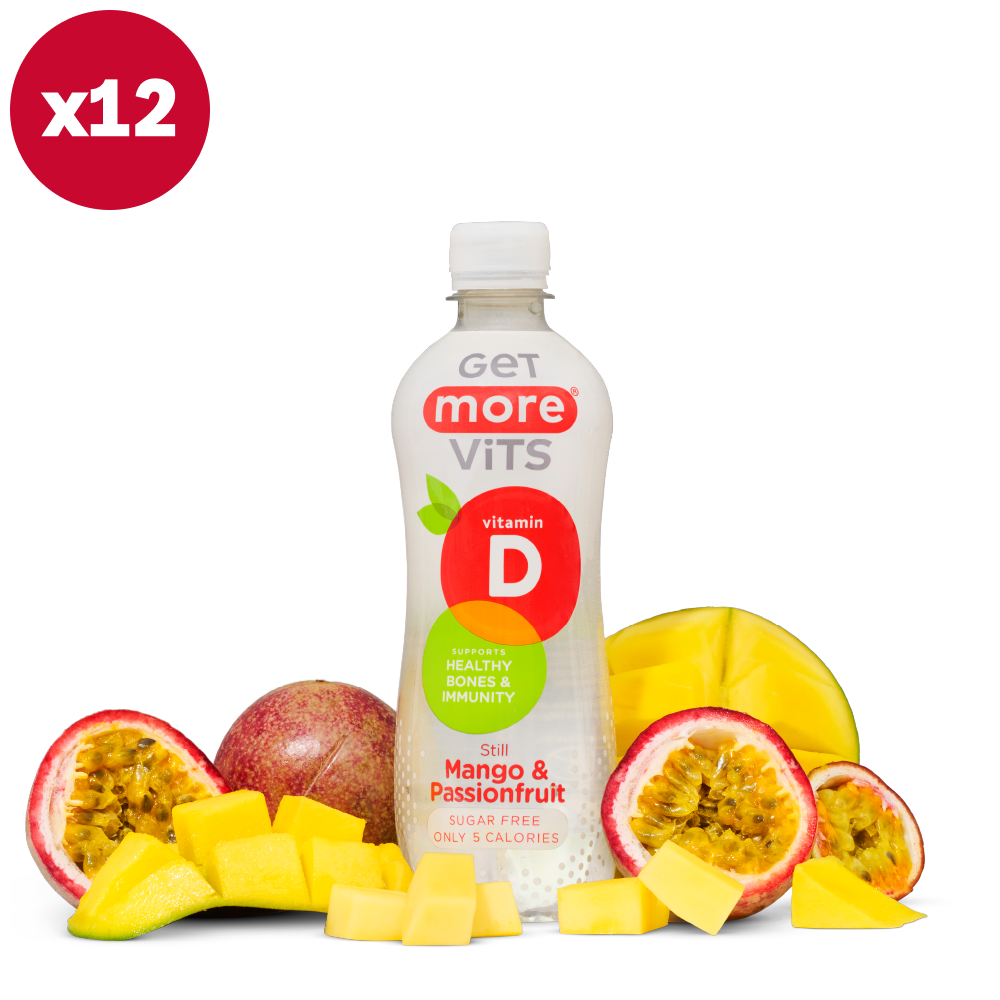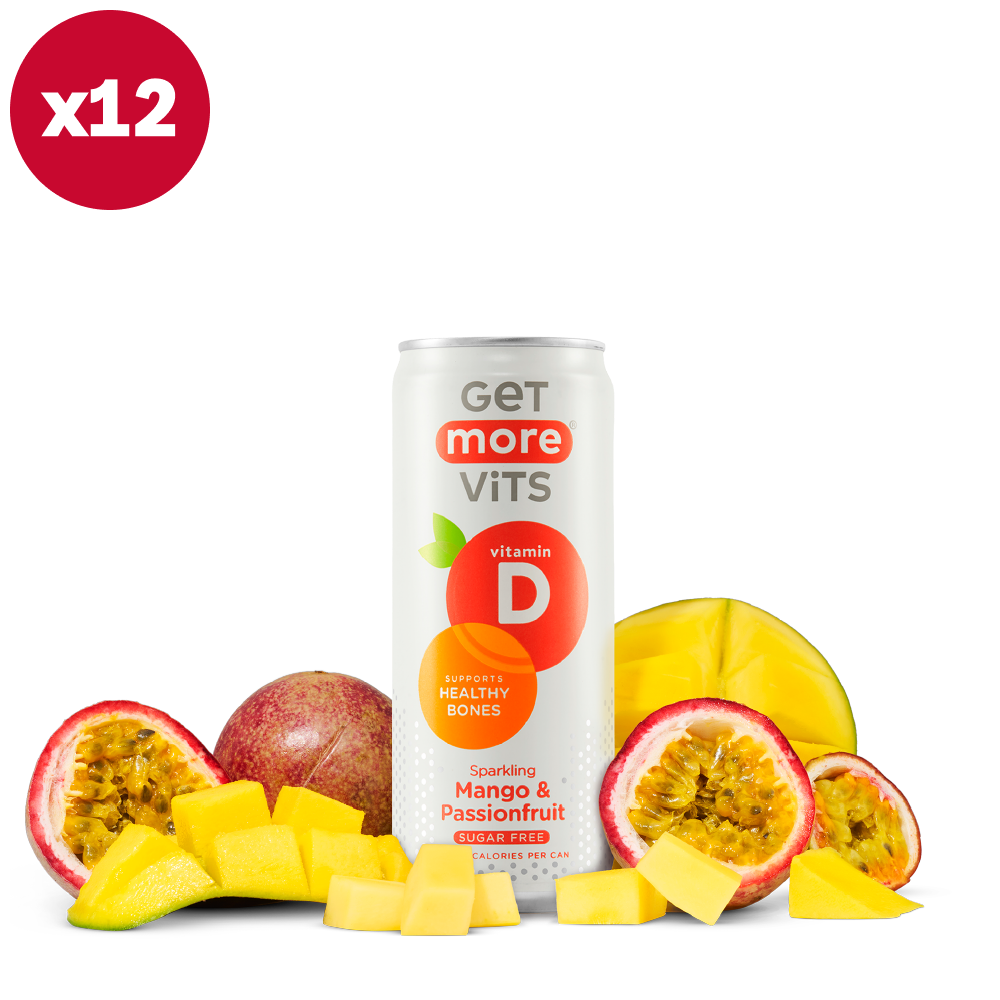During the winter months, vitamin D is what we all crave, so it is no surprise that we need more vitamin D in the colder, darker months to maintain our sanity.
But does the same apply in the summer when the sun produces the most amount of vitamin D? And is it possible to get too much vitamin D?
This post will help you understand why you might need extra vitamin D during the summer months and whether it is necessary for you at all.
What Is Vitamin D & Why Is It Important?
Vitamin D is a fat-soluble nutrient we can eat, and our body produces it as a hormone.
Ensuring you have enough vitamin D in your diet is also important for the growth and repair of teeth and bones, as it helps to regulate phosphorus and calcium while contributing to cell maintenance.
Studies have suggested Vitamin D is key for preventing infections which suggests it is more valuable to the overall health of our bodies than we might think.
The Potential Benefits Of Vitamin D
Vitamin D impacts our health, skin, mood, and immunity, so we need to have it in our diets to feel our best every day. Some of the other benefits of vitamin D are:
Bone And Muscle Strength
By aiding the production of calcium in the body, vitamin D ensures bones and muscles can grow and have strong foundations.
Better Immunity
Vitamin D is linked to the immune cells in our body and works to prevent infectious diseases from entering the body.
So if you are deficient in vitamin D, the immune cells cannot react as efficiently to infectious diseases in the body, putting you more at risk of becoming ill.
Mood Boosting
Research has shown vitamin D is capable of boosting your mood and reducing the risk of you developing depression.
By acting as a hormone, vitamin D corresponds with neurotransmitters that encourage the release of hormones, including serotonin, your happy hormone.
Better Skin Health
Vitamin D improves the skin's immunity by destroying free radicals, which can lead to premature ageing.
When exposed to the sun’s UV rays, a reaction occurs which makes vitamin D3 - the active form of vitamin D.
But it should be noted not to spend too much time in the sun as it can cause more damage than good to the skin's surface if you’re not careful. Research tells us that between 9 and 25 minutes is the optimum time to expose your skin to direct sunlight, depending on your skin tone.
Our post on the best vitamins for skin health has even more information on achieving your skin goals with the right vitamins.
How much vitamin D do you need?
It is recommended anyone aged 4yrs or older should consume 10mcg of vitamin D per day.
This can obviously vary depending on your requirements and general health. But if you are unsure, we recommend you talk to a healthcare professional.
For more help and advice on vitamin D, our post on How Much Vitamin D Do You Need has got some great advice on all things vitamin D.
Why it’s important to take vitamin D supplements when living in the UK
Living in the UK during the winter months can mean getting enough vitamin D in your system is tricky.
Recent government guidance has suggested that everyone needs to consume 10mcg of vitamin D during the autumn/winter months when sunlight hours are less.
It is still important to get outside as much as possible during these months, even when the clouds are grey and gloomy. The fresh air does wonders for our mental health!
When we become deficient in vitamin D, some of the signs to look out for are:
- Fatigue
- Not sleeping well
- Bone pain or achiness
- Depression or feelings of sadness
- Hair loss
Do I need to take vitamin D supplements in the summer?
Why would you need it?
As with most supplements, whether you need them depends on the individual and their lifestyle.
If you find yourself inside consistently, then taking a vitamin D supplement may be something to consider.
According to SunSmart it is still possible to become deficient in the summer months; some of these reasons include,
- Using SPF - Yes. That’s right. Sometimes our skin needs the opportunity to take in sunlight, and using SPF too often can prevent this. 20 minutes max is the ideal amount of time to let your skin soak in the rays.
- Unexposed skin - if you are someone who tends to cover up all year round, then you may be preventing your skin from getting the natural vitamin D it needs. So try rolling up your sleeves or wearing the odd t-shirt just make sure you're giving your skin enough time to absorb vitamin D.
- Dark Skin - people with a darker complexion may struggle to absorb as much vitamin D as others. So it may be that you need to spend a little longer outside to achieve the full benefits of vitamin D.
Why you don’t need it?
The general consensus is that if you are a healthy human being, you do not need vitamin D supplements.
Sarah Leylands (osteoporosis nurse consultant) explained in a recent article that, yes, vitamin D helps to improve the strength of bones, but this is only really relevant to those who are at risk of deficiencies, i.e. those who are housebound or live in sheltered accommodation.
Therefore if you are already getting enough outdoor time (20 minutes minimum), then taking vitamin D supplements won’t be any more beneficial than natural sunlight.
Can you have too much?
It is not possible to overdose on vitamin D from the sun, but it should be noted that prolonged time in the sun can be very damaging to the skin and can lead to skin cancer if you do not take the right steps to protect your skin.
It is, however, possible to overdose on vitamin D from foods and or supplements.
Too much vitamin D in your diet can lead to hypercalcaemia - too much calcium in your blood. Symptoms of this include:
- Nausea
- Weakness
- Kidney problems.
If you think you might need extra vitamin D, then it is important to consult a doctor who will be able to do a blood test to know for sure and make sure you receive the right dosage for your needs.
Summary
Whether you should take vitamin D in the summer depends on your lifestyle, medical needs and current dietary requirements.
If you are getting outside in the sun for long periods of time during the day and you believe you have a balanced diet whereby you are consuming around 10mcg of vitamin D a day, then there is no need for you to be taking extra supplements.
However, if your lifestyle means you are spending a lot of time indoors, then looking into a vitamin D supplement may be a good choice for you all year round.
Some tips to make sure you're making the most of the vitamin D in the summer are:
- Allow your skin to have some exposure to the sun - roll up those sleeves!
- Give your skin breaks from SPF (no more than 20 mins)
- If you have a darker complexion, make sure you're giving yourself extra time outside to absorb that little bit more vitamin D.






